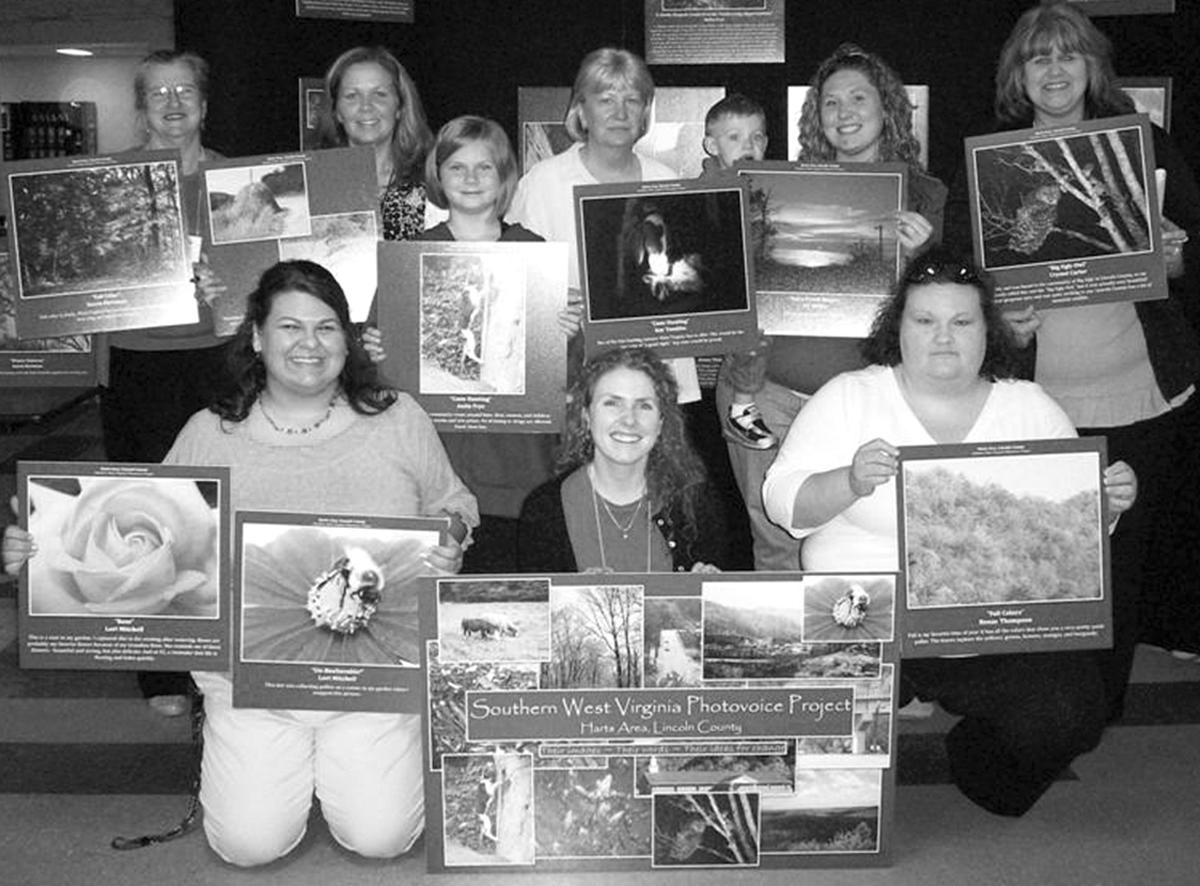
As a sociology graduate student, Shannon Elizabeth Bell displayed an activist’s heart. In her first grant application to CSWS, Bell noted that women are at the fore of the anti-coal movement in central Appalachia, stepping out of their traditional gender roles to take an active leadership position in fighting the coal industry. Her scholarship had a mission—to help these women in low income coal-mining areas of West Virginia find more effective ways to use their voices through grassroots action.
Bell’s doctoral work caught the attention of the Center for the Study of Women in Society grant committee, earning Bell CSWS graduate student research grants totaling more than $4600. She was also one of two students awarded a 2009-2010 UO Doctoral Research Fellowship. Her doctoral dissertation drew her back to a land of scarred beauty. Bell had lived in southern West Virginia from 2000-2005 and returned again in 2008 to recruit women in five communities, giving them digital cameras and asking them to take pictures that “tell the story” of where they live.
The photographs that these women captured included the majesty of seasonal changes and local plants and animals as well as the ugliness of strip-mining and trash dumps. For eight months, Bell met with the women in her five groups every three weeks to discuss the photographs, identify common community concerns, and communicate those concerns.
Bell encouraged the women she worked with to take action and a few of them accompanied a Washington Post reporter to mountaintop removal mining sites. Some lobbied legislators about coal-related water contamination. Others, with Bell’s assistance, successfully lobbied to have long-neglected roads repaved. Still others are using their photostories about litter to work toward supporting a beverage container law.
Many of these photovoice projects can be viewed on Bell’s website <wvphotovoice.org>.
In June 2010, Bell defended her dissertation, “Fighting King Coal: The Barriers to Grassroots Environmental Justice Movement Participation in Central Appalachia.” She graduated with a Ph.D. in sociology and a graduate certificate in women’s and gender studies. This fall, she starts a new job as an assistant professor in the Department of Sociology at the University of Kentucky in Lexington.

